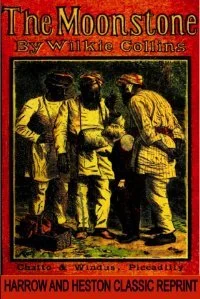By Rolf Boldrewood
A Colonial Reformer delves deep into the life of an unsung hero of colonial America. Through meticulous research and insightful analysis, this book brings to light the struggles and triumphs of a visionary figure who challenged the status quo and paved the way for change. Readers will be captivated by the story of a man ahead of his time, whose unwavering dedication to reform reshaped the course of history. A compelling narrative that sheds light on a forgotten chapter of America's past, A Colonial Reformer is a must-read for anyone interested in the untold stories of courage and perseverance.
Macmillan and Company, 1891, 518 pages





















